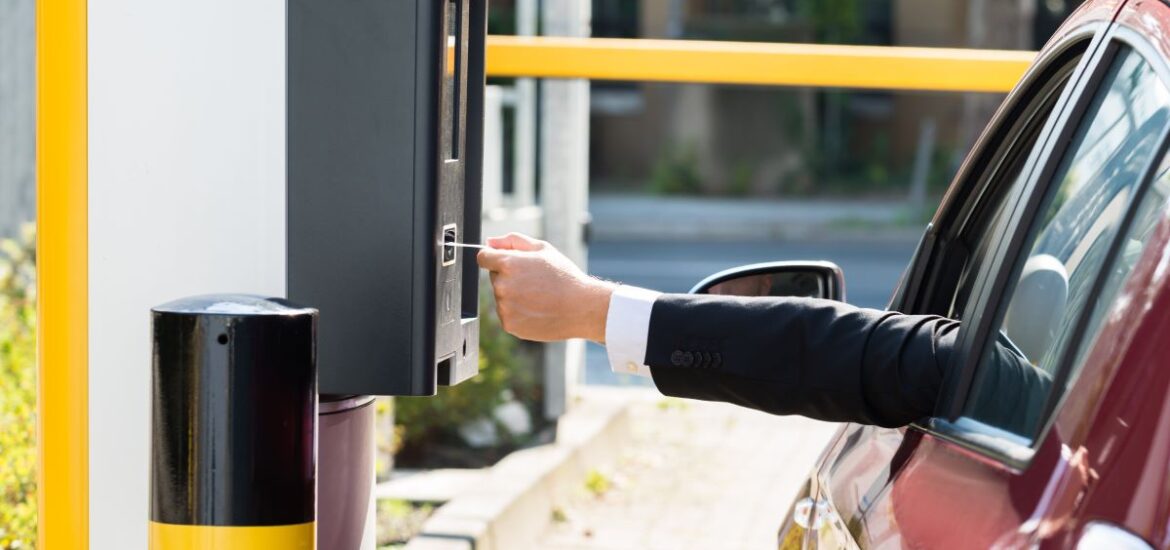A controversial plan to charge drivers for entry to the busiest area of Manhattan has come under significant criticism and drawn-out legal action.
Manhattan Entry Fee Incoming
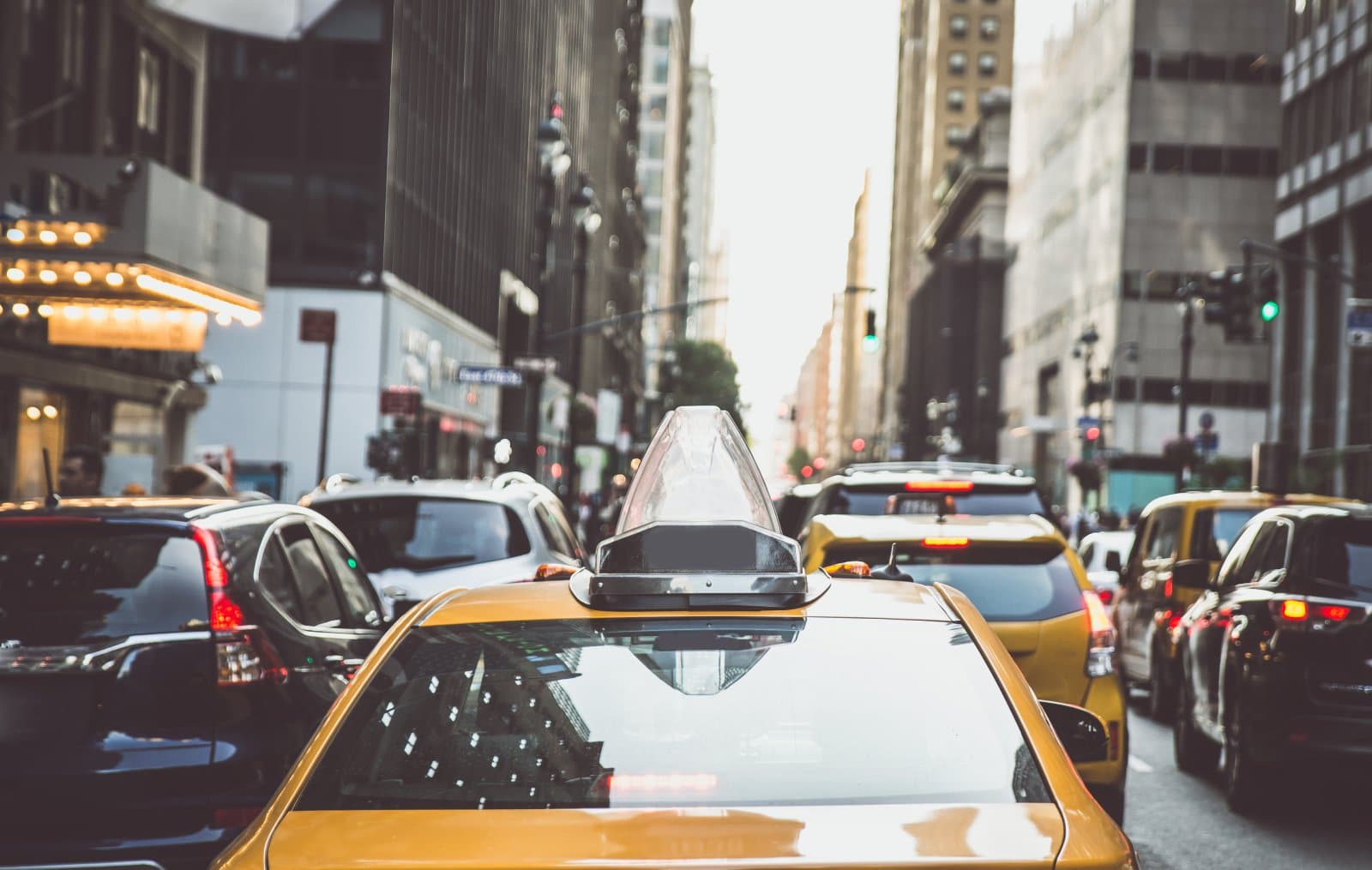
Starting on June 30, drivers in Manhattan will have to pay a $15 toll to enter the city’s crowded business district, in an effort to ease the area’s heavy congestion.
Congestion Pricing Plan
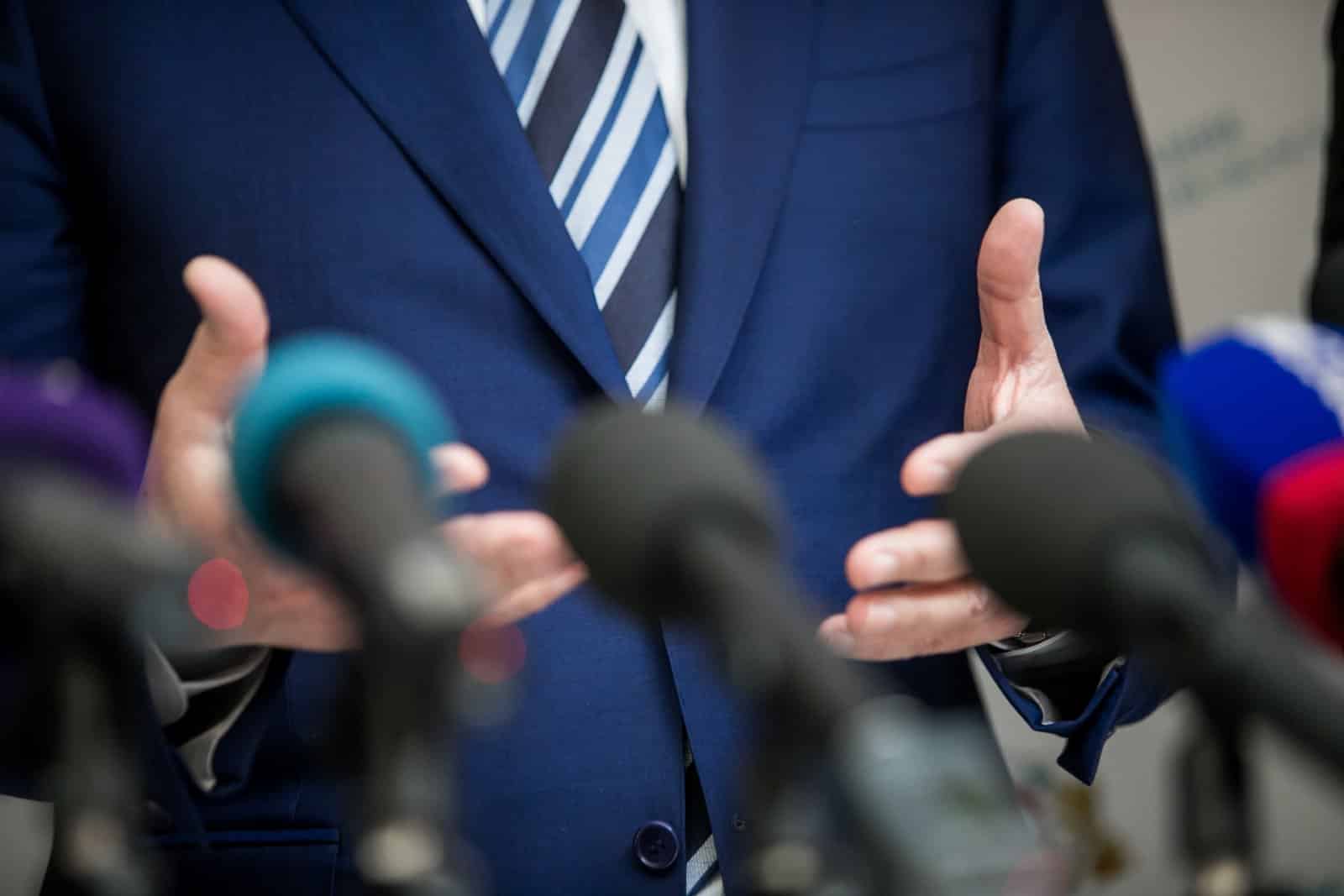
The date for the aptly named ‘congestion pricing plan’ was announced by city transit officials on Friday, after being first approved by the New York State Legislature in 2019.
Changing Toll Amounts

The $15 fee will be applied to drivers who enter Manhattan south of 60th Street during the day. Toll amounts will fluctuate depending on vehicle size and entrance hours, with larger vehicles charged more and drivers charged less for nighttime entry, among other discounts and exemptions.
Small Vehicles

Passenger vehicles and small commercial vehicles will pay $15 during peak hours and $3.75 at night, while motorcycle riders will pay $7.50 and $1.75.
Larger Vehicles
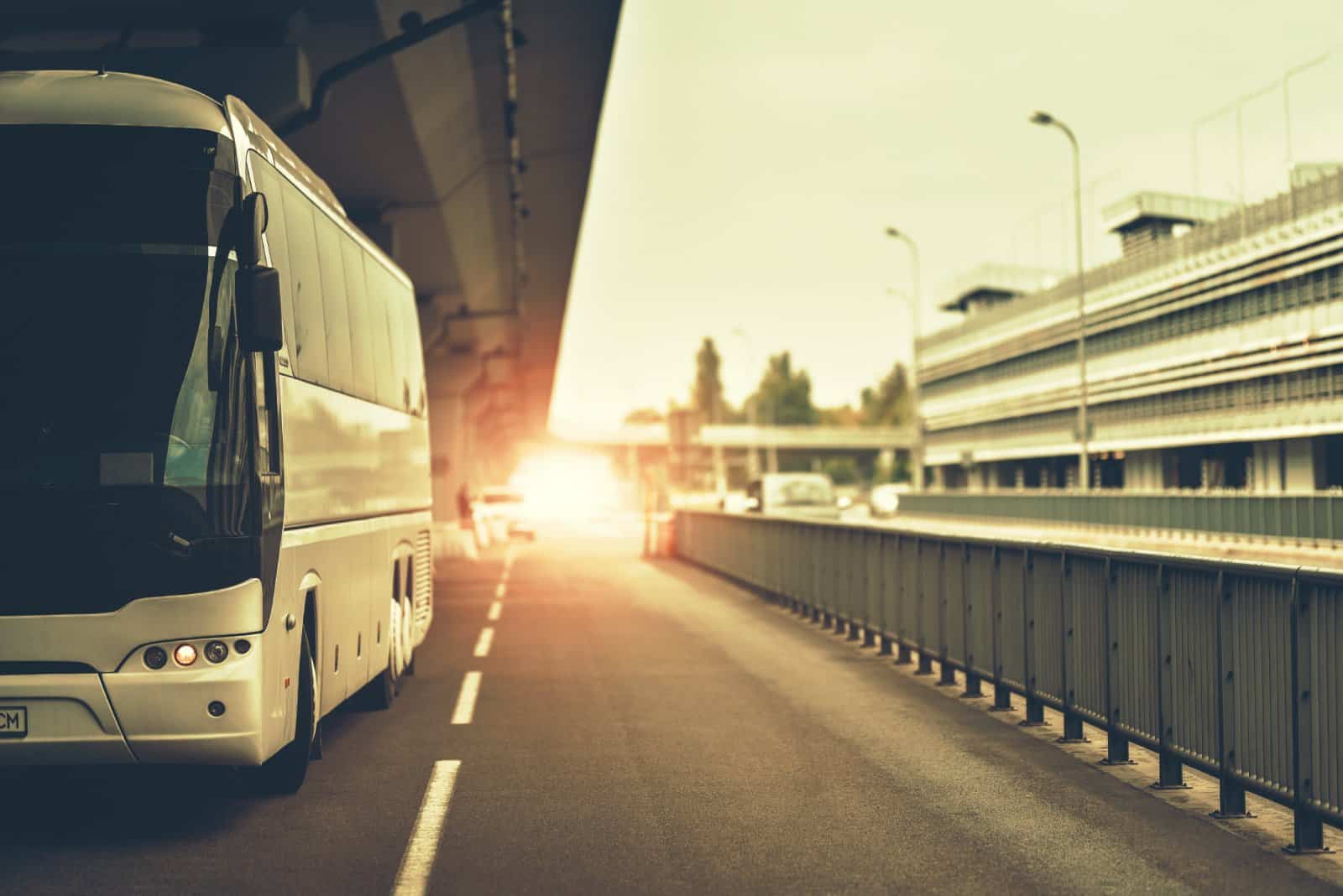
Trucks will pay $24 during the day and $6 overnight, and buses will pay $36 during the day and $9 overnight. These prices will only apply to EZPass users, whereas non-users will “generally be 50% higher than the E-ZPass rates.”
Discounts for Low-Income Residents
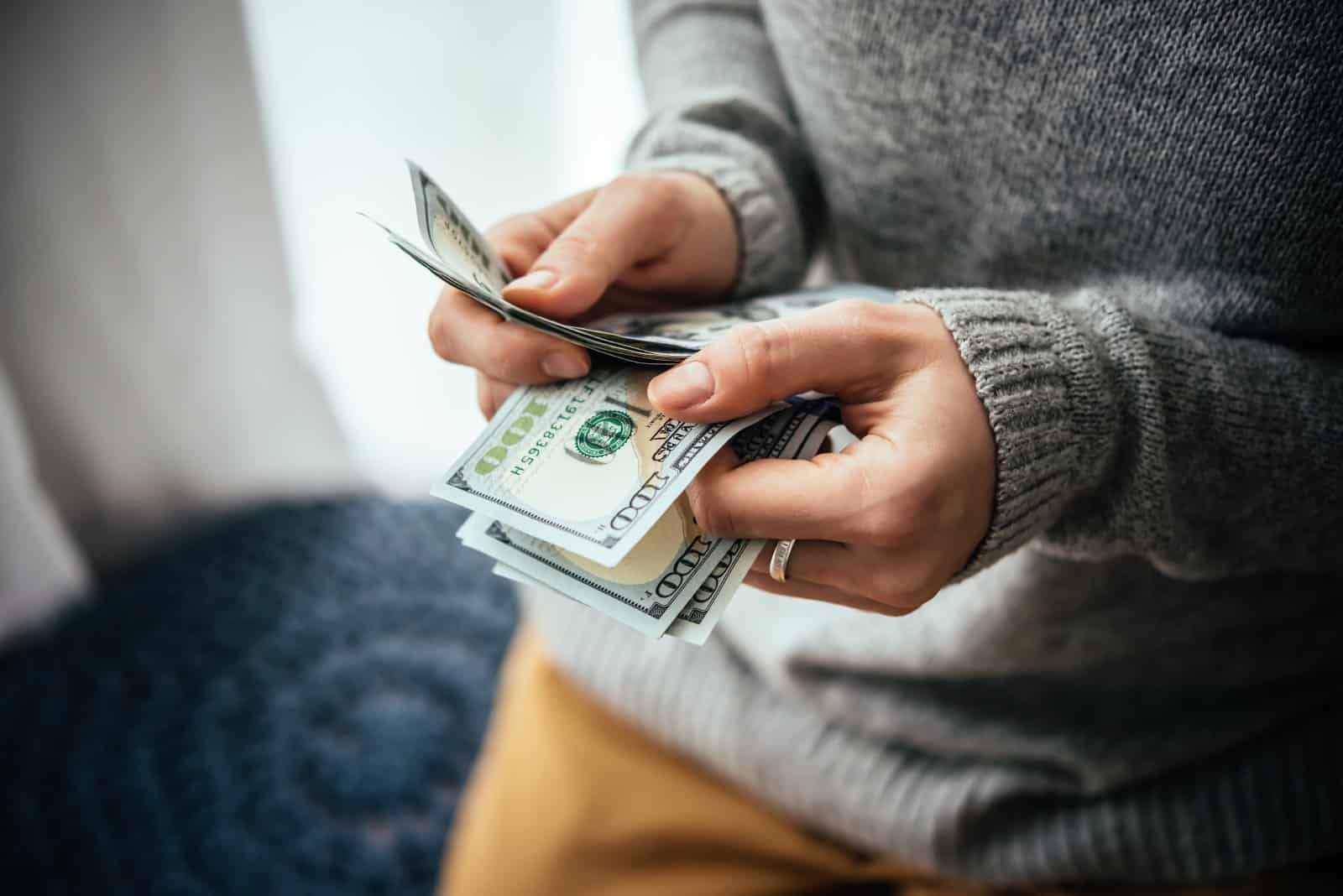
Low-income residents in both New York and New Jersey can apply for enrollment in the Low-Income Discount Plan, which grants a 50% discount after the first 10 trips during the calendar month.
The Congestion Relief Zone
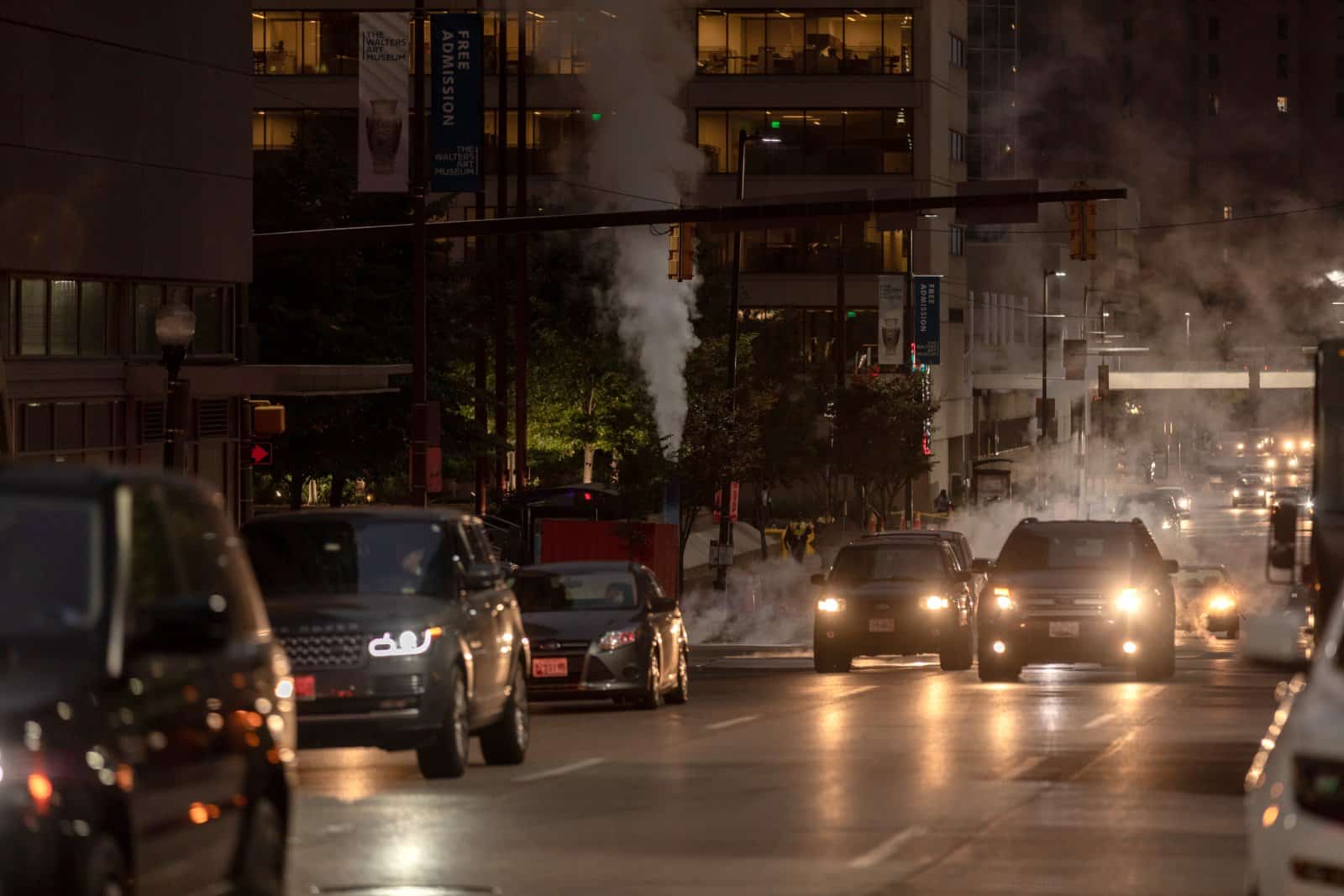
Now called the “Congestion Relief Zone,” the Metropolitan Transportation Authority (MTA) estimates that the new toll will reduce traffic by 100,000 vehicles per day.
Plenty of Benefits

Though the toll has been controversial, the MTA has argued for its benefits even beyond congestion relief. The fee collection will be used to fund important city transit projects.
Subway Signal System
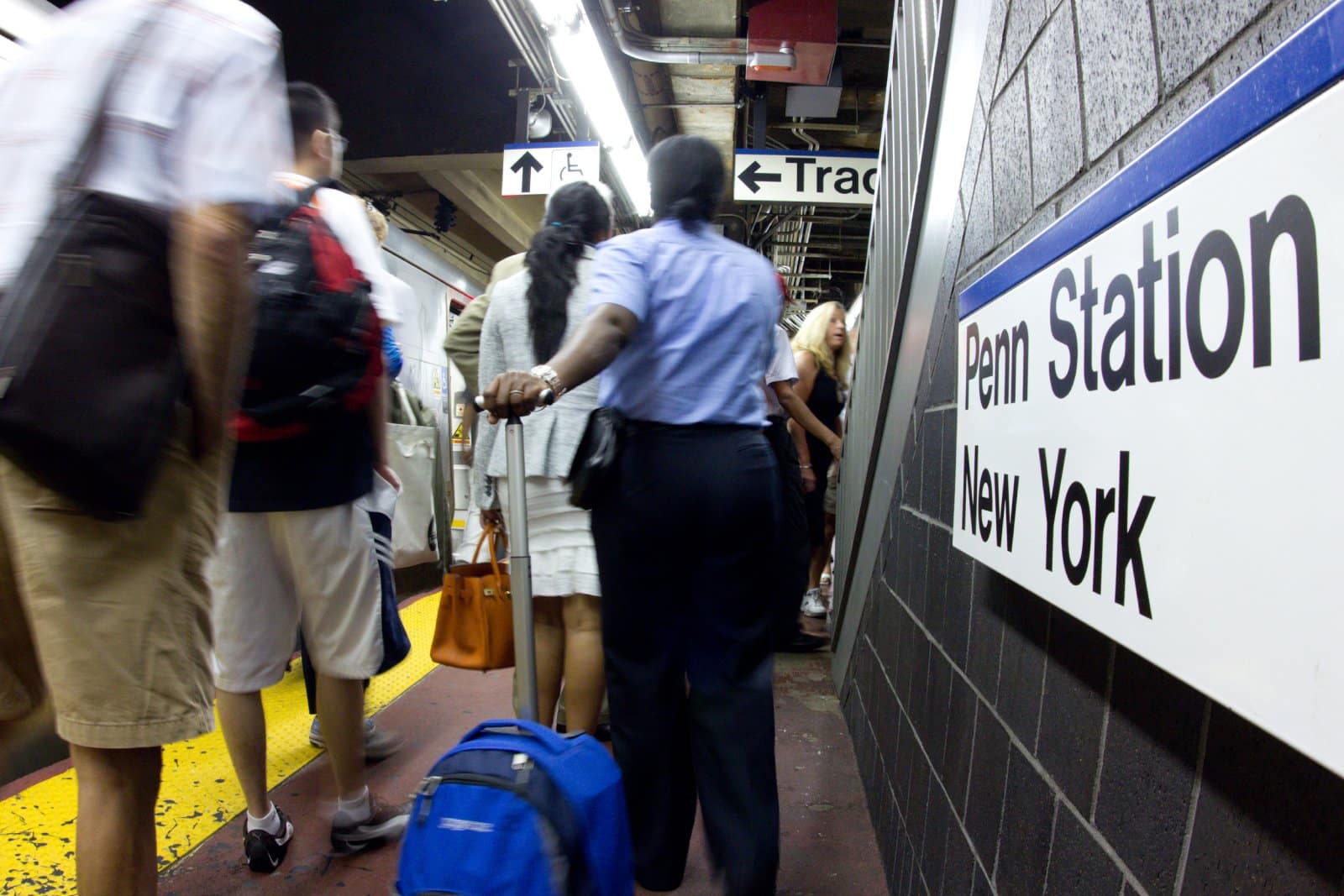
One such project is the revamped subway signal system, which would improve train services and make city trains less crowded overall.
“We Are a Mass Transit City”
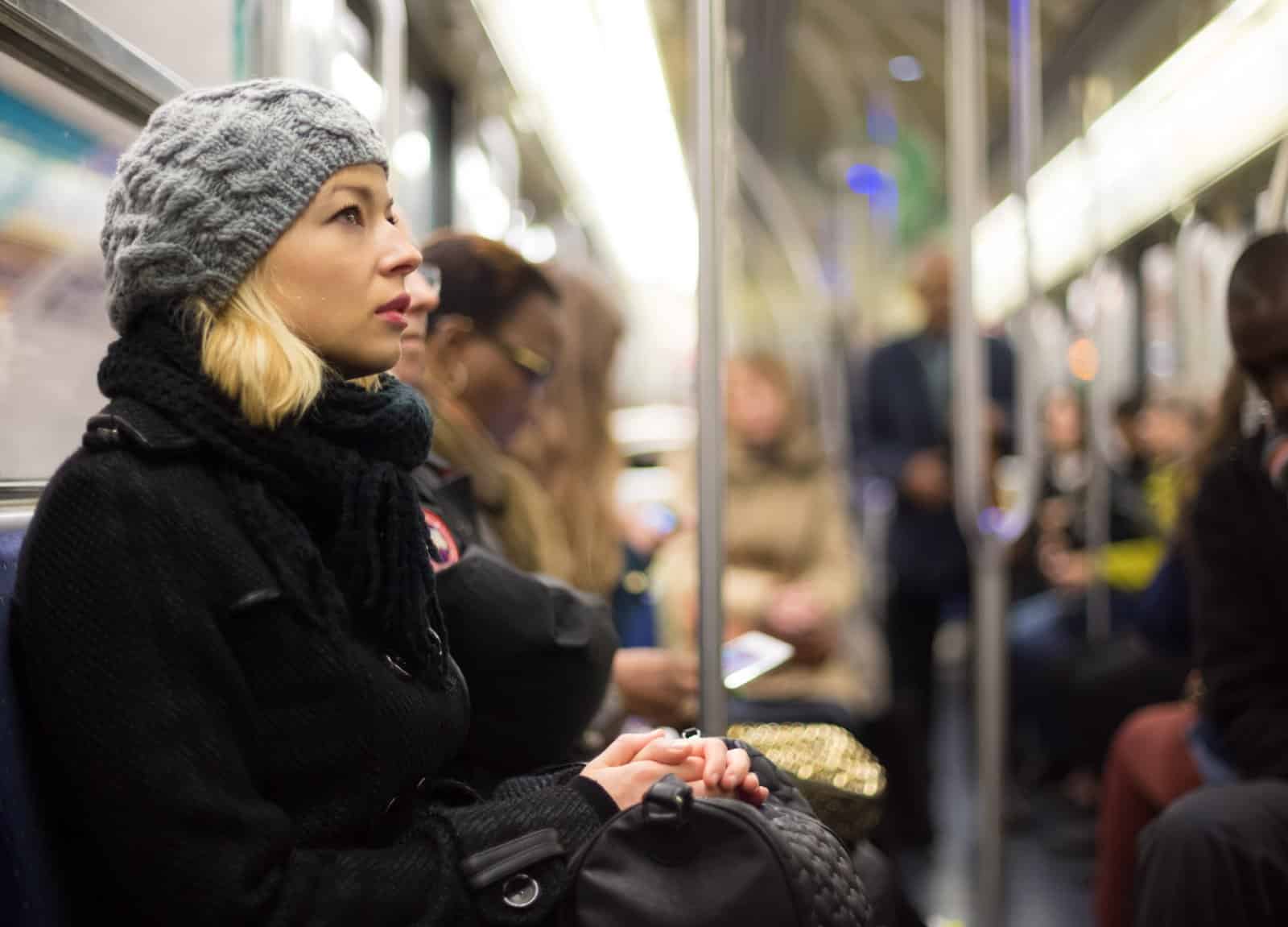
“We are a mass transit city and we are going to make it even better to be in New York,” said MTA CEO Janno Lieber. “Ninety percent-plus of the people come to the congestion zone, the central business district, walking, biking and most of all taking mass transit.”
Positive Environmental Benefits

Turning from personal vehicles to mass transit systems and other transport options will also help to reduce pollution in the business district, according to Julie Tighe, president of the New York League of Conservation Voters.
Combating the Climate Crisis
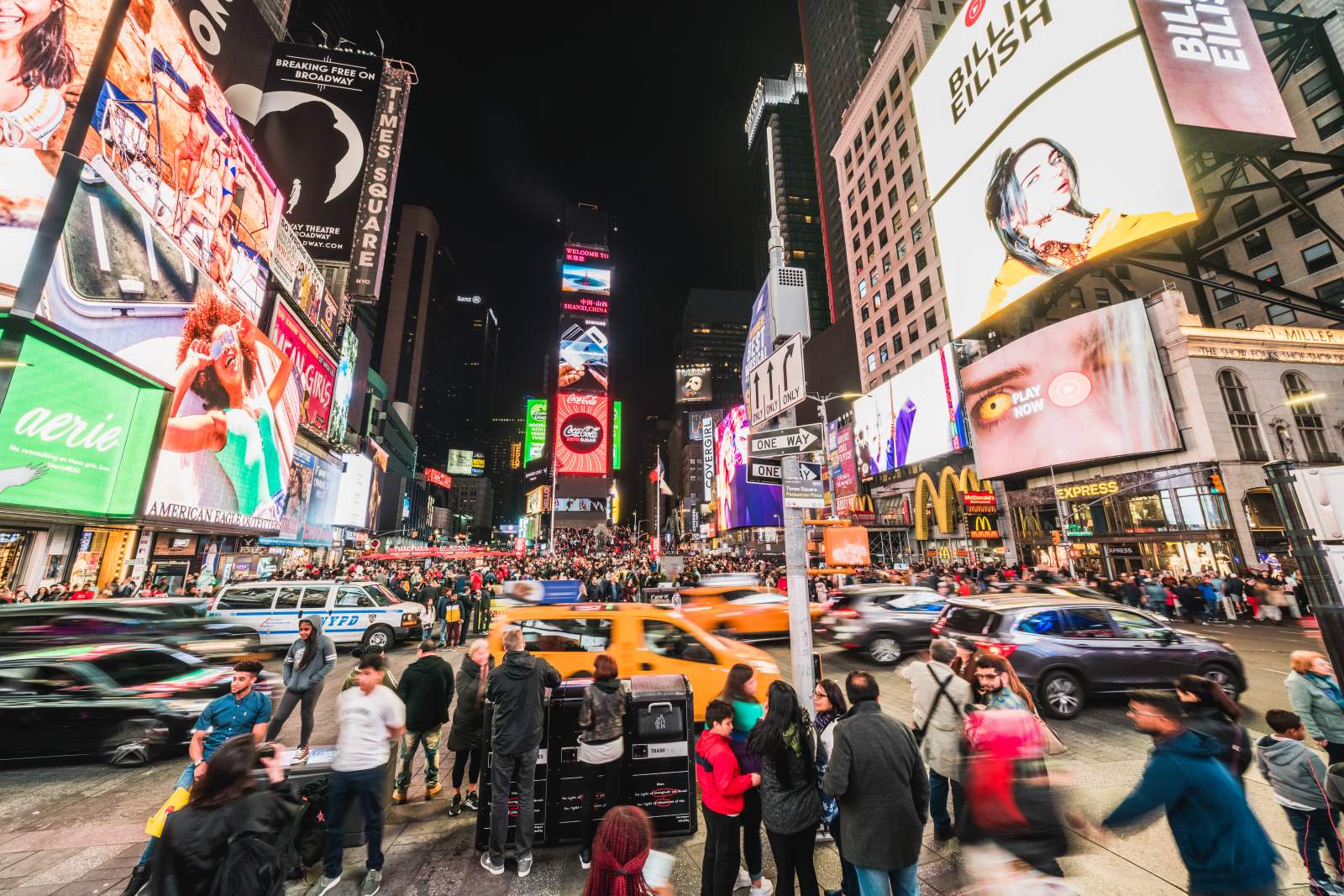
“We cannot drive our way out of the climate crisis, and congestion pricing will provide critical funding to upgrade our mass transit system,” Tighe said. “Benefiting the millions of daily commuters across the region and encouraging countless more to ditch their gas-guzzling cars.”
A Large Burden on Drivers

Despite these proclaimed benefits, the congestion pricing plan has come under fire by many who claim it is too large of a burden to place on drivers.
Already Paying Tolls
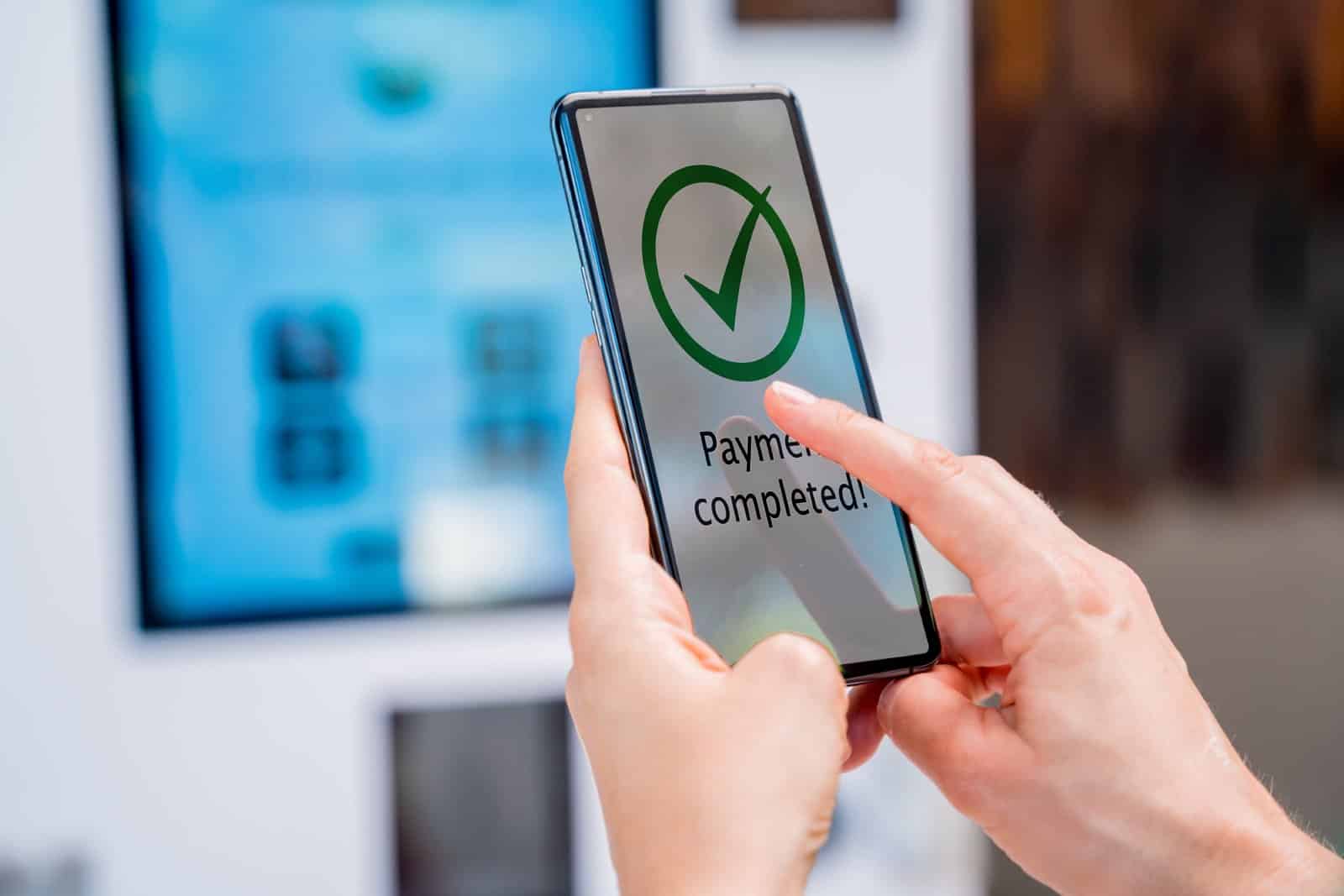
Many people traveling into Manhattan’s business district by car are already paying tolls to cross bridges and tunnels before they reach the city center.
Risks of Delay Due to Lawsuits
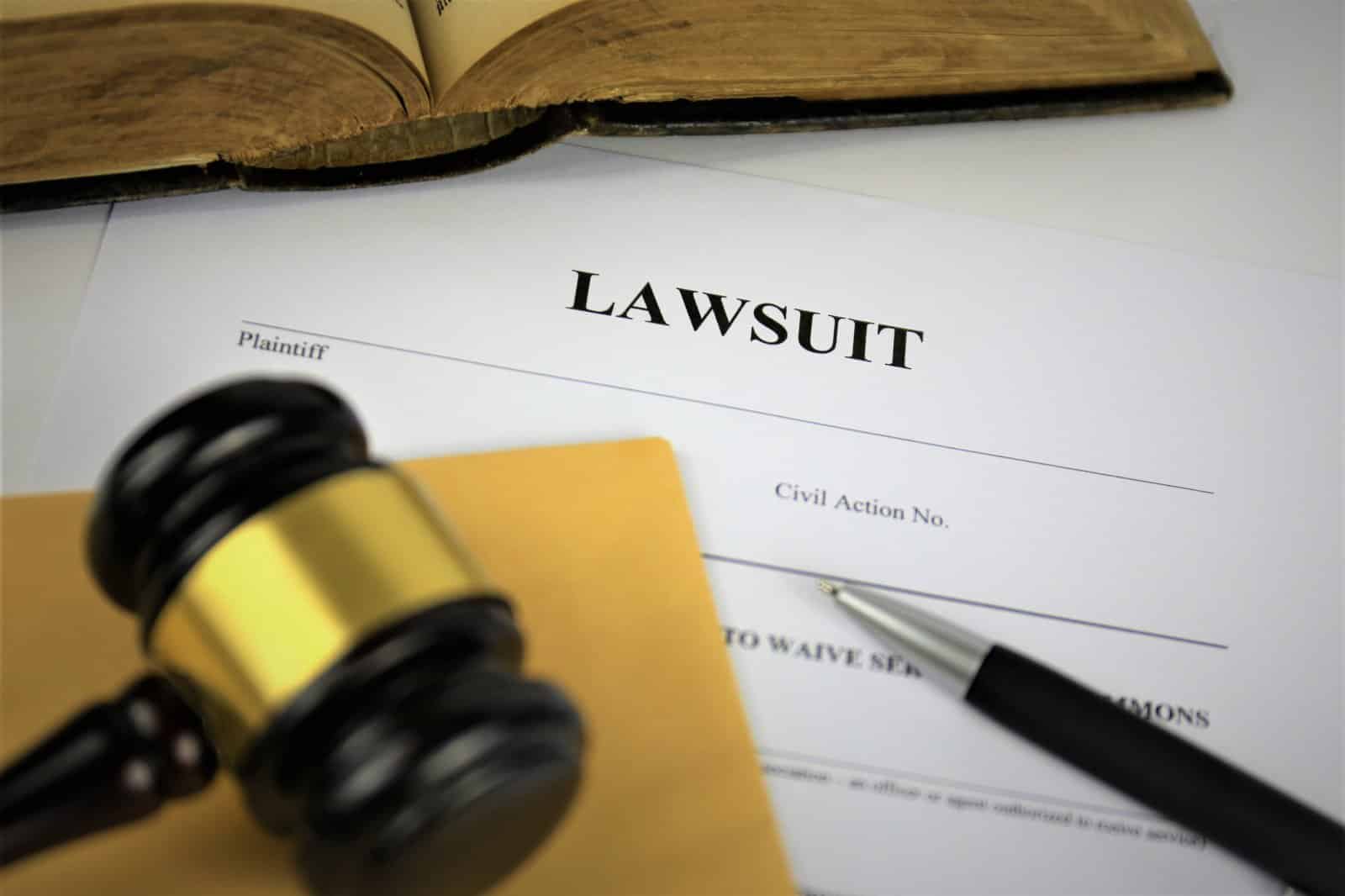
The new congestion pricing plan is now at risk of being delayed or even stopped entirely due to ongoing lawsuits against the MTA. The most notable of which is a lawsuit representing the state of New Jersey.
Awaiting Court Rulings
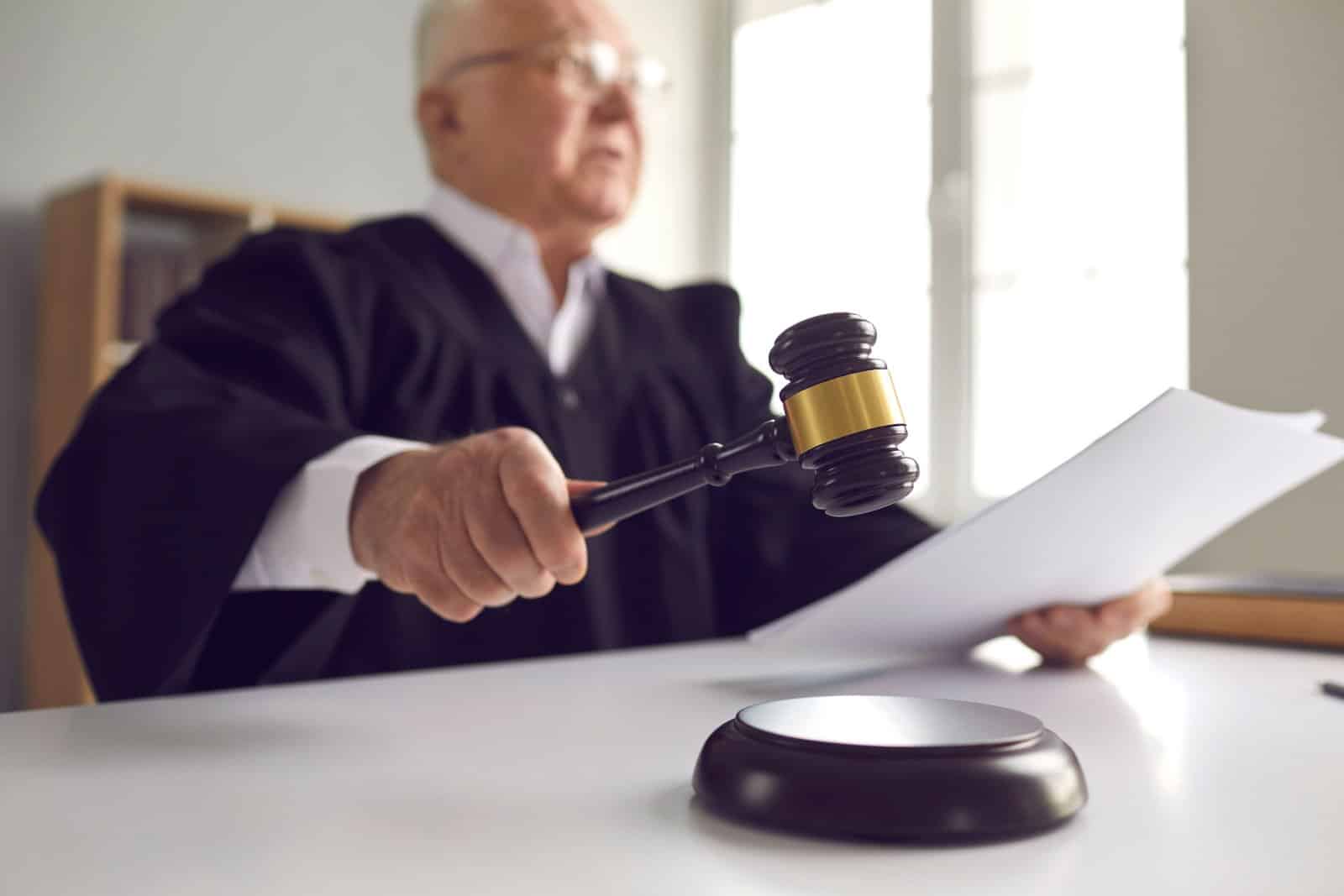
“We are awaiting a court ruling as early as next month on whether the MTA’s unprecedented congestion pricing scheme can go forward,” said attorney Randy Mastro, who represented the state in federal court this month.
A “Hugely Flawed” Plan?

Mastro described the plan as “hugely flawed” and also pointed out “obvious deficiencies in the environmental review” and “lack of mitigation provided for New Jersey’s environmental justice communities.”
Other Regions Join in
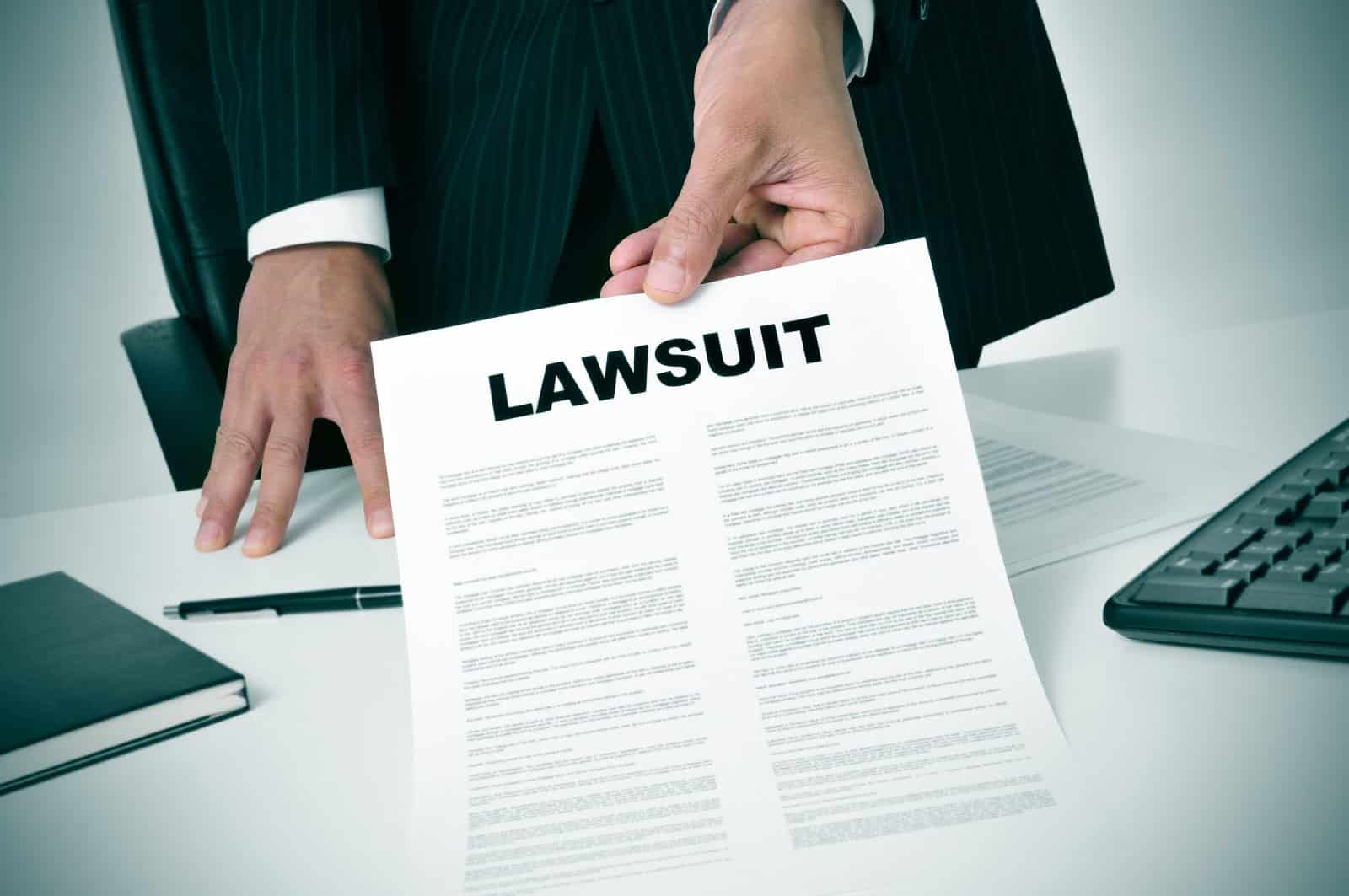
Fort Lee, a borough of New Jersey, and Bergen County, the most populous county in the state, have also filed separate lawsuits of their own.
Lawsuits Pile Up
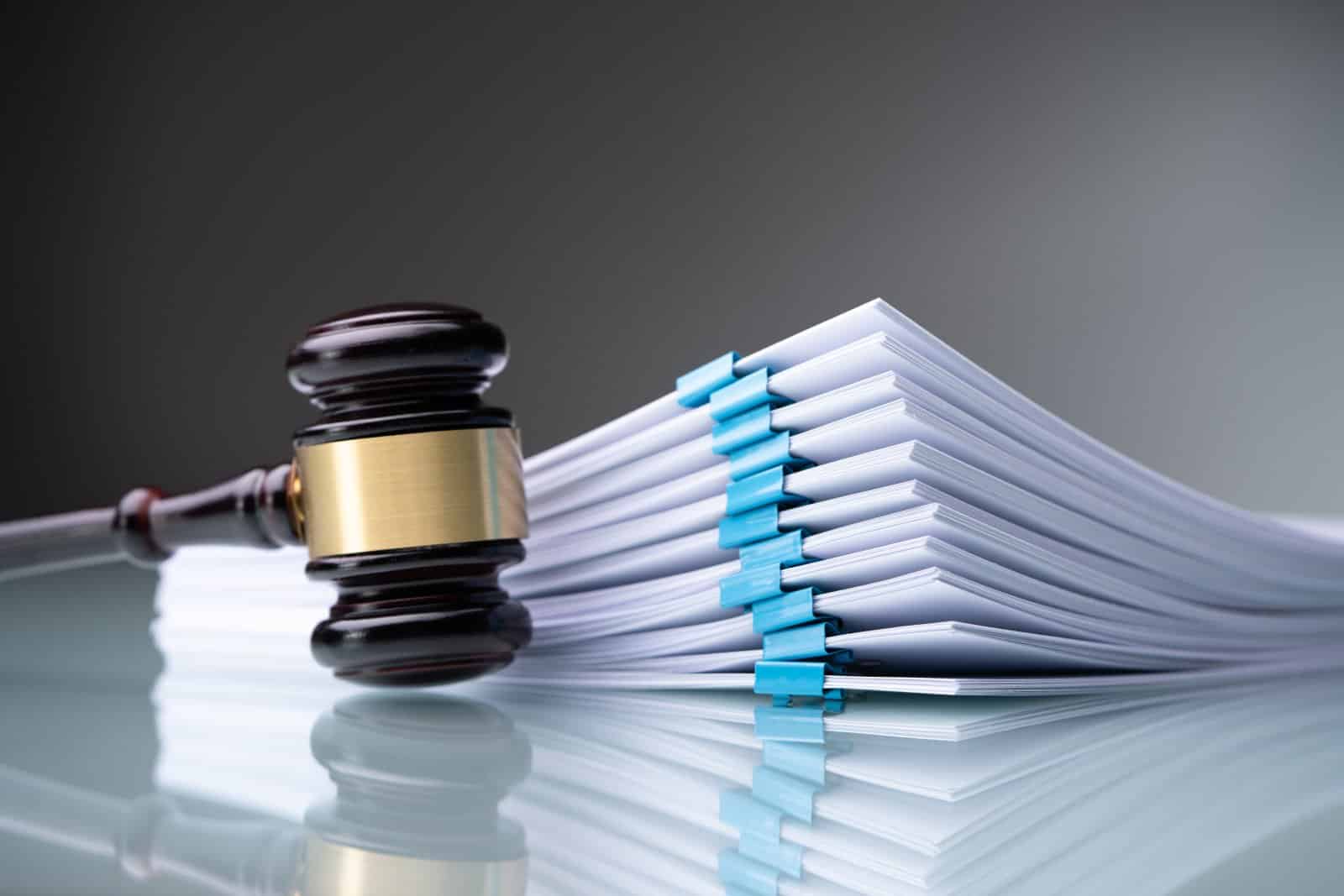
The MTA has shot back at the mounting number of lawsuits against them, arguing that legal action is hampering their critical transport improvement projects.
Everything On Hold

“Critical improvements to improve our system, expand our system, make it more accessible, all of those improvements are going to have to be on hold while we await the outcome of this litigation,” said Jamie Torres-Springer, current president of the MTA’s construction and development department.
21 States Where Squatters Can Legally Claim Your Property
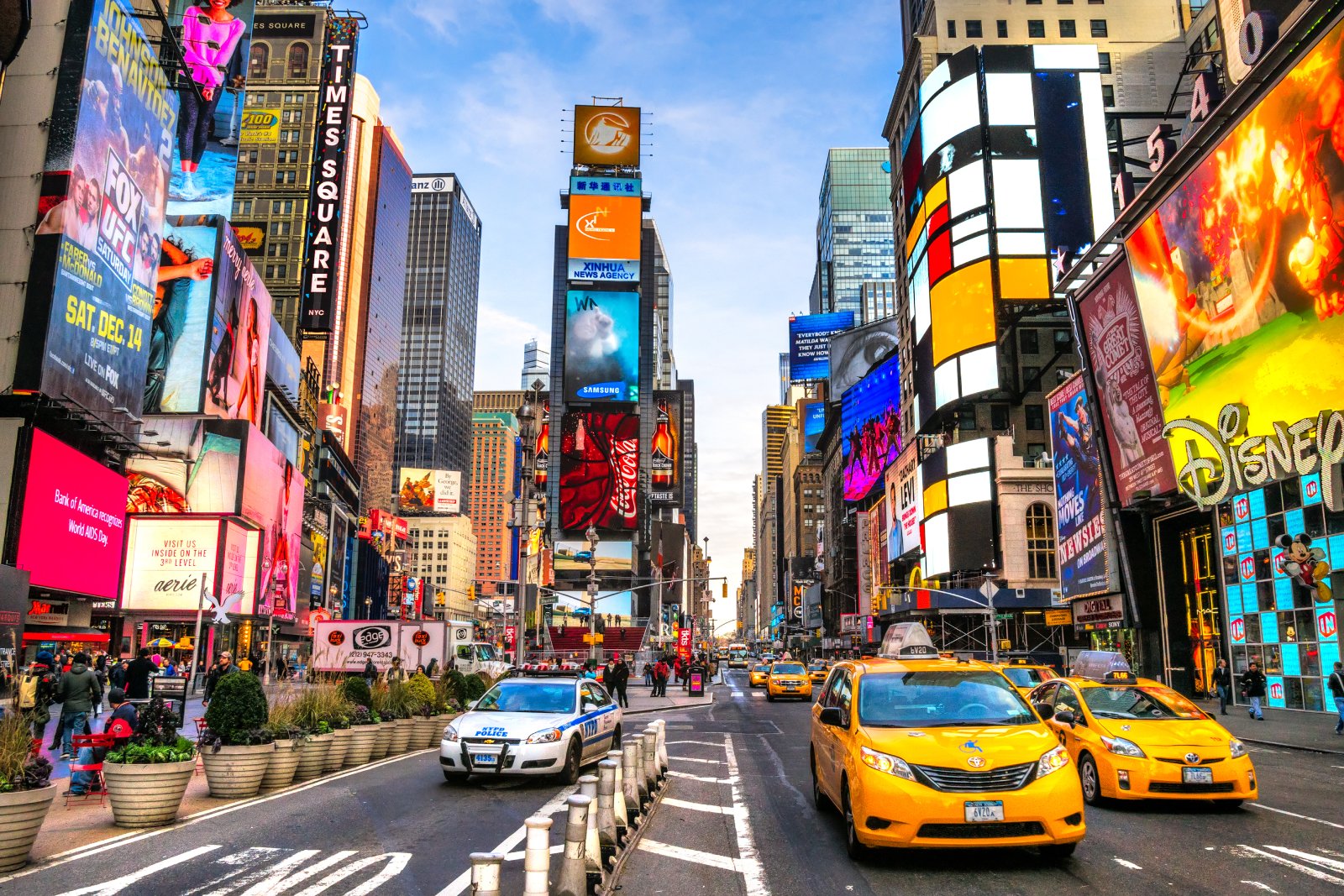
Discover how squatters’ rights, or adverse possession, are more than just legal jargon—they’re stories of unexpected twists in the world of real estate. From sunny California to the historical landscapes of Pennsylvania, here’s how these laws could turn the tables on homeowners and squatters alike. 21 States Where Squatters Can Legally Claim Your Property
14 Things That Are Banned in the U.S. but Totally Fine Elsewhere
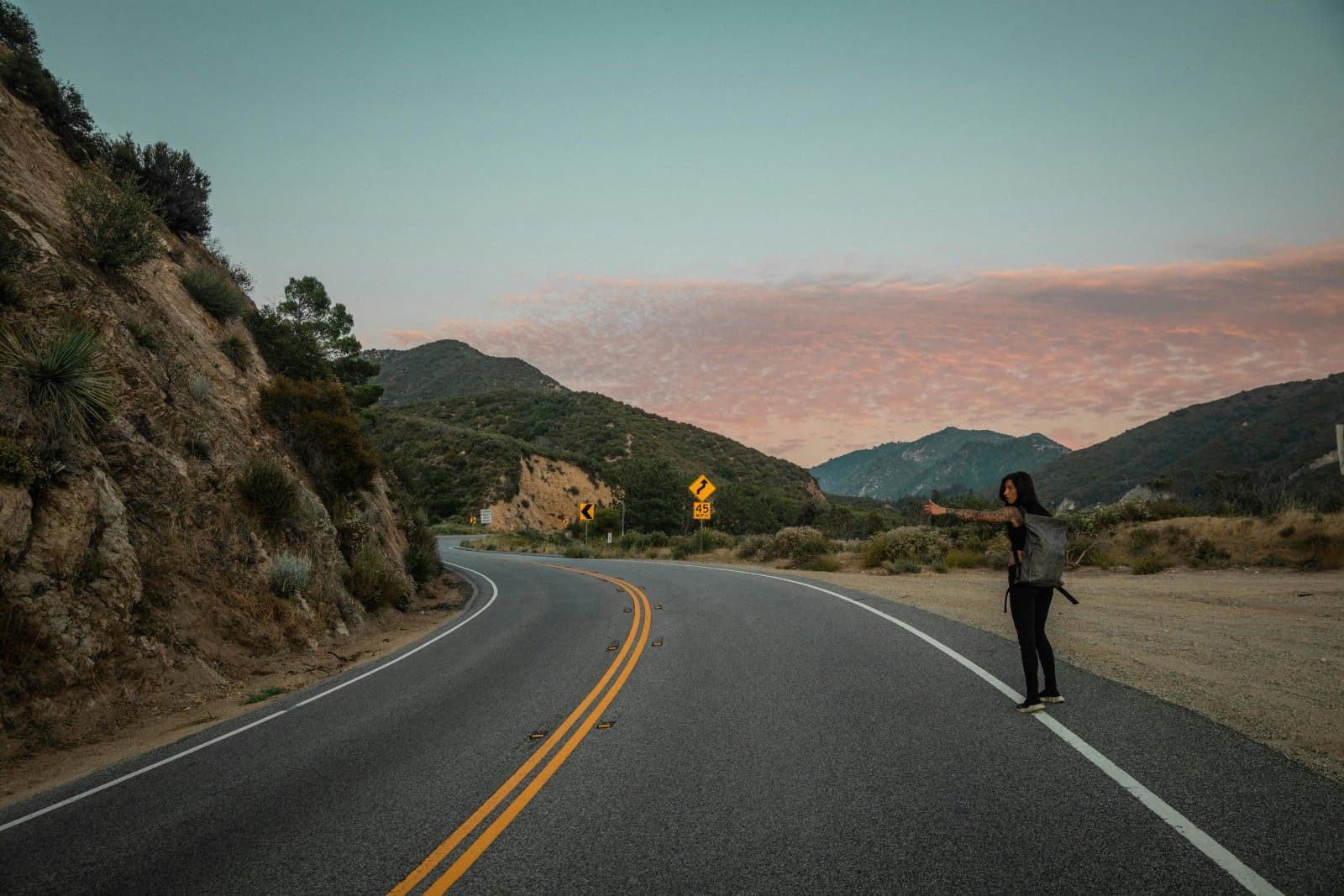
Ever feel like America’s rulebook was written by someone with a dartboard? Across the pond or down under, things get even wackier. Let’s take a walk on the wild side of global “Do’s” that are definite “Don’ts” in the Land of the Free. 14 Things That Are Banned in the U.S. but Totally Fine Elsewhere
25 American States Nobody Wants to Visit Anymore
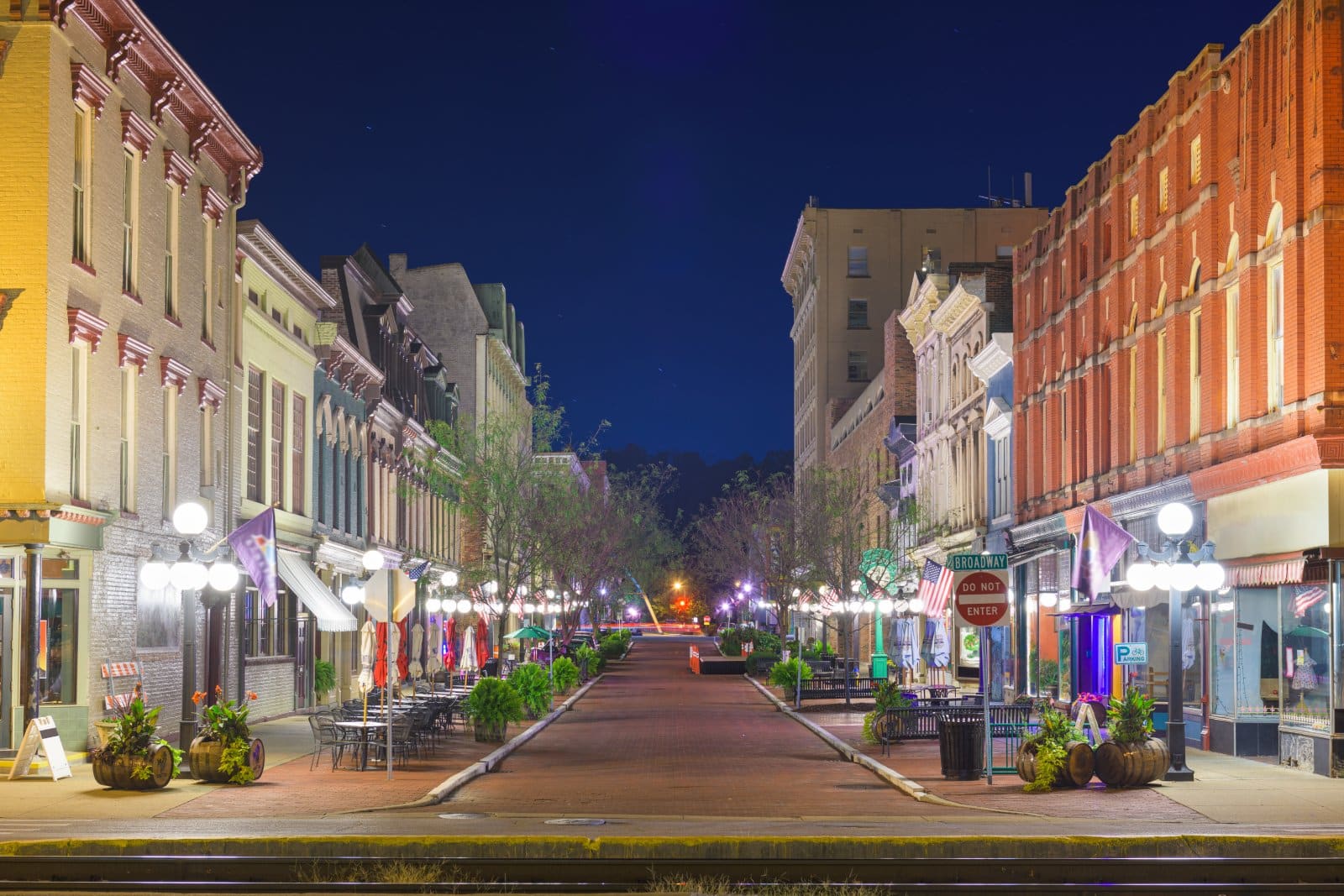
Across the United States, some states capture the hearts and itineraries of many, while others remain quietly on the sidelines, overshadowed or misunderstood. These 25 states, facing what you might call a popularity crisis, are brimming with hidden wonders, cultural riches, and natural beauty, awaiting those willing to look beyond the usual tourist trails. 25 American States Nobody Wants to Visit Anymore
20 Foods That Are Cheaper to Eat Out Than Making at Home

In a world where convenience often wins, certain culinary delights come with a lower price tag when enjoyed at a restaurant rather than crafted in your own kitchen. Here are twenty foods that might save you both time and money when indulged in at your favorite eatery. 20 Foods That Are Cheaper to Eat out Than Making at Home
17 Things You’re Paying For, but You Don’t Have To

In the land of the free, there’s a price tag on everything, but savvy Americans know better than to open their wallets for just anything. Here are 17 expenses you’ve been shelling out for without realizing there’s a cheaper or even free alternative. 17 Things You’re Paying For, but You Don’t Have To
The post Manhattan Implements $15 Toll for Drivers in Peak Areas first appeared on From Frugal to Free.
Featured Image Credit: Shutterstock / Andrey_Popov.
The content of this article is for informational purposes only and does not constitute or replace professional financial advice.
